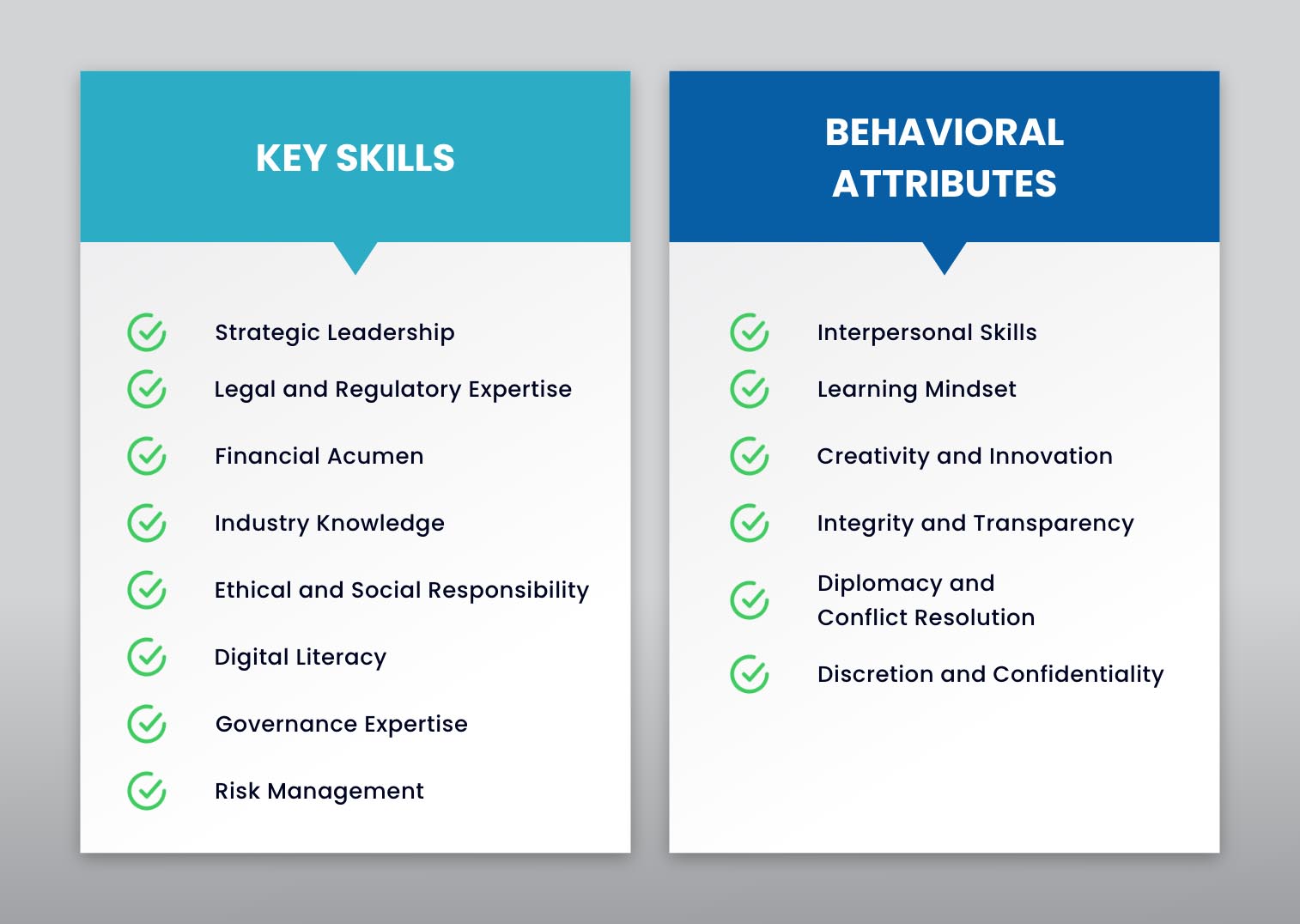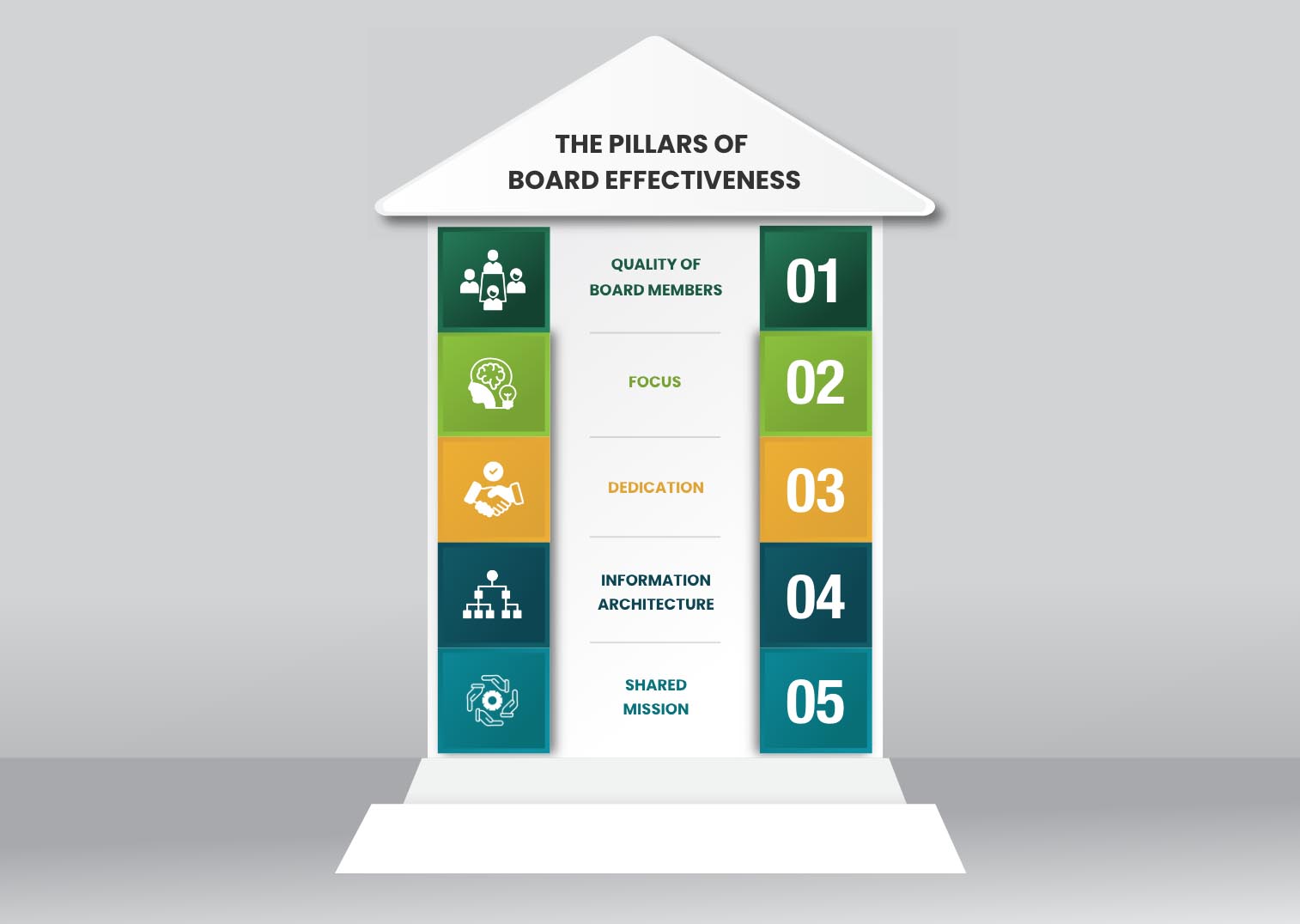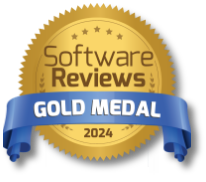The board of directors plays a critical role in determining the future direction of a corporation. However, their effectiveness in fulfilling this important function has often been called into question.
In a McKinsey Global survey, boards with better dynamics and processes report stronger financial performance at companies they serve. Surprisingly, despite the growing responsibilities in critical issues, such as strategy, digitization, and risk, the survey also finds that board habits and practices have changed slightly. This is due to most boards still investing more time in strategy, and only a few focusing on digitization and cybersecurity.
In a new PWC study on board effectiveness, only 29% of executives rated their directors’ overall performance as good or excellent, with 89% revealing one or more directors on their board should be replaced. This suggests that executives are not always confident in their boards’ overall effectiveness, considering it as lackluster.
With the definition of board effectiveness evolving in response to global corporate issues, companies require directors who can actively engage in all aspects of the enterprise’s operations to be truly effective. In this guide, we will help you put together an effective board of directors that can maintain good operations across all dimensions.
Recruiting the Right Board of Directors

Recruiting the right directors for your board is a strategic and critical process that requires thorough planning and careful consideration. The composition of your board has a significant impact on the overall success and governance of your organization. To ensure that you select the most qualified directors for your board, follow these steps:
1. Define the role and expectations
This entails identifying the specific qualifications, skills, and expertise that are necessary for the role. Consider the qualities and characteristics that would be valuable, such as integrity, strategic thinking, and leadership skills. Additionally, outline any legal or financial commitments that the directors would be expected to fulfill, including any relevant regulations or policies.
2. Seek out the qualified candidates
Once the role and expectations are defined, commence the process of identifying qualified candidates. Start by seeking referrals from your existing board members, executives, or trusted individuals in your professional network. Alternatively, you can promote the board position externally through targeted advertisements or by partnering with reputable executive search firms. Ensure the recruitment materials clearly articulate the qualifications, requirements, and unique aspects of your organization to attract directors who are a good fit.
3. Screen and interview potential candidates
Next, thoroughly review the information of potential candidates and screen them based on the criteria you have set. Conduct comprehensive interviews with the candidates to assess their skills, experience, and suitability for your organization’s board. During the interviews, consider asking about their past board experiences, their understanding of the role and responsibilities of a board member, and their alignment with your organization’s mission and vision.
4. Present qualified candidates to the board
After thorough screening and interviewing, present the most qualified candidates to your existing directors for their feedback and approval. Encourage open and constructive discussion among the board members before making a final decision. It is important to ensure that the new board member’s appointment aligns with the overall composition of the board and supports the strategic direction of the organization.
Qualifications of an Effective Board of Directors

Board members with the right characteristics bring diverse perspectives, skills, and expertise to the table, making informed decisions in the best interest of the organization and its stakeholders. They play a pivotal role in establishing a positive corporate culture, providing leadership to the management team, and upholding accountability for the organization’s performance.
When looking for a new director, it’s important to consider both their corporate skills and behavioral attributes. Here are some qualifications to look for:
Core Board Skills
- Strategic Leadership — Demonstrates ability to provide visionary and strategic leadership, set organizational goals, and guide the implementation of strategies to achieve them.
- Legal and Regulatory Expertise — Strong understanding of relevant laws, regulations, and compliance requirements, with the ability to effectively address legal and regulatory issues, mitigate risks, and ensure compliance.
- Financial Acumen — Proven ability to analyze financial statements, assess relevant risks, and make informed decisions in alignment with the organization’s goals and financial sustainability.
- Industry Knowledge — Deep understanding of the industry in which the organization operates, including market dynamics, trends, and challenges, to provide valuable insights for strategic decision-making.
- Ethical and Social Responsibility — High ethical standards, integrity, and commitment to social responsibility, with the ability to make decisions that prioritize the long-term sustainability of the organization and the interests of its stakeholders.
- Digital Literacy — Familiarity with digital strategies, cybersecurity, data analytics, and digital transformation, with the ability to effectively oversee and assess the organization’s digital initiatives and risks.
- Governance Expertise — Solid understanding of corporate governance principles, best practices, and board responsibilities, with the ability to provide effective oversight and ensure accountability.
- Risk Management — Proven ability to assess and manage risks, including financial, operational, legal, reputational, and strategic risks, to ensure the organization’s resilience and sustainability.
Behavioral Attributes
- Interpersonal Skills — Excellent communication and interpersonal skills, with the ability to build relationships, collaborate with others, and engage in constructive discussions and debates while maintaining professionalism and respect.
- Learning Mindset — Continuous learning orientation, keeping up-to-date with industry trends, best practices, and emerging issues, and a willingness to adapt to new challenges and changing environments.
- Creativity and Innovation — Ability to think critically, generate innovative ideas, and contribute to strategic discussions and decision-making processes with creative and forward-thinking perspectives.
- Integrity and Transparency — Demonstrated high ethical standards, honesty, and transparency in actions, decisions, and interactions, fostering trust and credibility with stakeholders.
- Diplomacy and Conflict Resolution — Skilled in navigating complex situations, managing conflicts, and handling sensitive issues with diplomacy, tact, and a solutions-oriented approach.
- Discretion and Confidentiality — Respect for confidentiality and demonstrated discretion in handling sensitive information related to the organization’s operations, strategies, and stakeholders.
Conducting a thorough assessment of a candidate’s qualifications ensures that the board selects a well-suited candidate who can make a positive impact on the organization’s overall performance. But to ultimately drive the organization’s success, the board should be able to identify the key factors that ultimately drive its success. Find out the top pillars of board effectiveness below.
The Pillars of Board Effectiveness

These refer to the key elements that contribute to the success and performance of the directors in fulfilling their fiduciary duties and responsibilities. These pillars include:
Quality of Board Members
The composition of the board should reflect leaders with diverse skills and expertise that align with the company’s needs. This may encompass individuals with industry knowledge, financial acumen, strategic planning, legal expertise, and leadership skills. High-quality board members possess critical thinking abilities, make informed decisions, and provide effective oversight.
Focus
A board that demonstrates focus remains vigilant in understanding and guiding the strategic direction and priorities of the organization. It takes proactive measures to identify and address various board-related matters, including risk management, financial performance, and governance. A focused board establishes clear goals, implements effective board processes, and ensures that board discussions and decisions are aligned with the existing strategic objectives.
Dedication
An effective board demonstrates dedication to fulfilling its fiduciary duties and responsibilities. This entails regular attendance at board meetings, active participation in discussions, thorough preparation for meetings, and staying well-informed about the organization’s affairs. Dedicated directors prioritize the interests of the organization above personal or conflicting interests, uphold ethical standards, and act in its best interest.
Information Architecture
Information should be designed in a way that is clear, concise, relevant, and timely for directors to make informed decisions. Board materials should be well-organized, easy to understand, and comprehensive. Board members should also have access to all relevant information necessary to fulfill their duties, including financial reports, performance metrics, strategic plans, and risk assessments.
Shared Mission
Developing a shared mission provides a clear purpose, scope, and direction for the board’s activities. It should align with the overall mission, vision, and values of the organization. It should also articulate the board’s role in providing strategic oversight, ensuring accountability, and protecting the long-term interests of the organization and its stakeholders.
These pillars contribute to the board’s success and effectiveness in fulfilling its governance responsibilities and driving organizational performance. In addition, such pillars can ultimately help in building a more effective board, eliminating the confusion directors may have with their duties and responsibilities.
Best Practices for Board of Directors
Adopting best practices is critical for the board to operate efficiently, transparently, and in the best interest of the organization. These practices provide a framework for the board to follow, outlining the roles and responsibilities of its members, improving decision-making, and increasing accountability.
Keep abreast of new risks
It is crucial for the board to keep abreast of new risks that could impact the growth and success of the organization. To do this, the board should:
- Conduct regular risk assessments to identify and evaluate new risks that could impact the organization.
- Stay informed of emerging trends and changes in the external environment through regular engagement with industry experts, peer organizations, and regulatory bodies.
- Foster a culture of risk awareness and proactive risk management throughout the organization, with clear guidelines and protocols for reporting and escalating risks.
- Ensure that the board receives regular and comprehensive reports on the company’s risk profile and management efforts, including any significant issues or incidents that have occurred.
Engage with stakeholders
Effective stakeholder engagement is critical to building trust and maintaining a positive reputation. To actively engage with stakeholders, the board should:
- Develop a stakeholder engagement plan that outlines the objectives, methods, and timing of engagement activities, taking into account the specific needs and preferences of each stakeholder group.
- Communicate transparently and regularly with stakeholders, using a variety of channels and formats, such as annual reports, investor presentations, surveys, or social media. Actively listen to their feedback and suggestions, and incorporate them into the company’s decision-making and strategy formulation.
- Monitor and measure the effectiveness of stakeholder engagement efforts, using key performance indicators (KPIs) such as satisfaction, trust, loyalty, and advocacy.
Maintain a diverse board of directors
Diversity can bring a range of perspectives, skills, and experiences to the board’s decision-making. To uphold diversity, the board should:
- Define and communicate the diversity criteria and objectives, such as gender, ethnicity, age, skills, experience, and perspectives. This establishes a transparent selection process that dismisses bias or discrimination.
- Actively seek out and cultivate diverse talent through partnerships, networks, and outreach programs.
- Regularly review and evaluate the board’s diversity composition and performance, and take corrective actions if needed.
Evaluate board performance
The board of directors should regularly evaluate its own performance to ensure that it is fulfilling its oversight responsibilities and adding value to the organization. To do this, the board should:
- Define and communicate the expectations and responsibilities of each director, including their roles, duties, and contribution to the board’s work.
- Establish clear, measurable performance targets and KPIs for the board as a whole and for each individual director, aligned with the company’s goals and strategy.
- Conduct regular performance evaluations using a structured and objective process, such as peer reviews, self-assessments, or external assessments.
- Provide feedback and coaching to directors based on their performance evaluations, identifying strengths and areas for improvement.
How Convene Can Help Maintain an Effective Board of Directors

A well-functioning board provides leadership and direction, ensuring that the company operates in the best interest of its stakeholders. However, in today’s intricate business landscape, maintaining an efficient board can be taxing. This is where Convene comes in.
Convene offers a comprehensive platform that streamlines board management and helps maintain an effective board of directors. Its secure communication, meeting scheduling, and document management features enable board members to collaborate seamlessly and make well-informed decisions.
As organizations face new challenges and complexities, having an effective board becomes more important than ever, and Convene provides the tools needed to achieve this goal. Book a free demo today and learn more about Convene.
Jielynne is a Content Marketing Writer at Convene. With over six years of professional writing experience, she has worked with several SEO and digital marketing agencies, both local and international. She strives in crafting clear marketing copies and creative content for various platforms of Convene, such as the website and social media. Jielynne displays a decided lack of knowledge about football and calculus, but proudly aces in literary arts and corporate governance.


![How to Create a Board Skill Matrix + Template [Free Download]](https://cdn.azeusconvene.com/wp-content/uploads/2024Q3_Jul_Board-of-Directors-Skills-Matrix-Whitepaper-A-Light.png)








